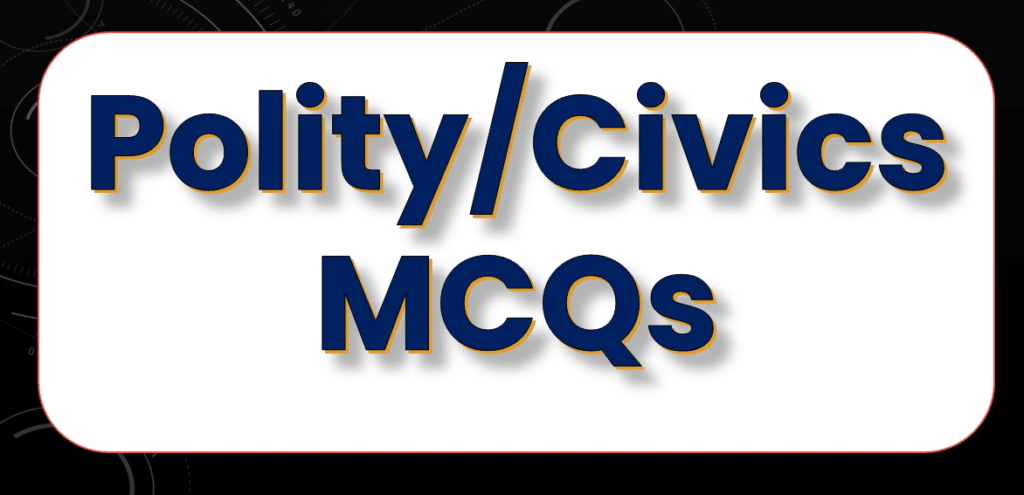The Indian Constitution MCQ Class 8. These 100 Multiple Choice Questions on “The Indian Constitution” will help you score full marks in your Class 8 Polity exam.
Table of Contents
Introduction: The Indian Constitution MCQ Class 8
The Concept of a Constitution and its Importance
Comparison of a Country’s Constitution to the Rules of a Game
The Indian Constitution and its Key Features

Why Does a Country Need a Constitution? The Purpose of a Constitution
The Indian Constitution: Key Features
The Historical Context of India’s Constitution
The Indian Constitution: Key Features
Key Features of the Indian Constitution: Federalism
Key Features of the Indian Constitution: Parliamentary Form of Government
Key Features of the Indian Constitution: Separation of Powers
Key Features of the Indian Constitution: Fundamental Rights
Key Features of the Indian Constitution: Secularism
# Indian Constitution
Fundamental Rights and Duties: The Indian Constitution MCQ Class 8
The Significance of Fundamental Rights
The Role of Directive Principles of State Policy
The Concept of Fundamental Duties
Secularism: The Indian Constitution MCQ Class 8
The Importance of Secularism in India
The Role of the Constitution in Promoting Secularism
Most Asked Questions on The Indian Constitution
What is a Constitution?
A Constitution is a written document that contains the rules and principles that all persons in a country can agree upon as the basis of the way in which they want the country to be governed.
Why does a country need a Constitution?
A Constitution serves several purposes:
It lays out certain ideals that form the basis of the kind of country that citizens aspire to live in.
It defines the nature of a country’s political system.
It provides safeguards against misuse of authority.
It ensures that a dominant group does not use its power against other, less powerful people or groups.
It helps protect us against decisions that we might take that could have an adverse effect on the larger principles that the country believes in.
What are the key features of the Indian Constitution?
The key features of the Indian Constitution are:
Federalism
Parliamentary Form of Government
Separation of Powers
Fundamental Rights
Secularism
What is Federalism?
Federalism refers to the existence of more than one level of government in the country. In India, we have governments at the state level, at the centre and at the local level (Panchayati Raj).
